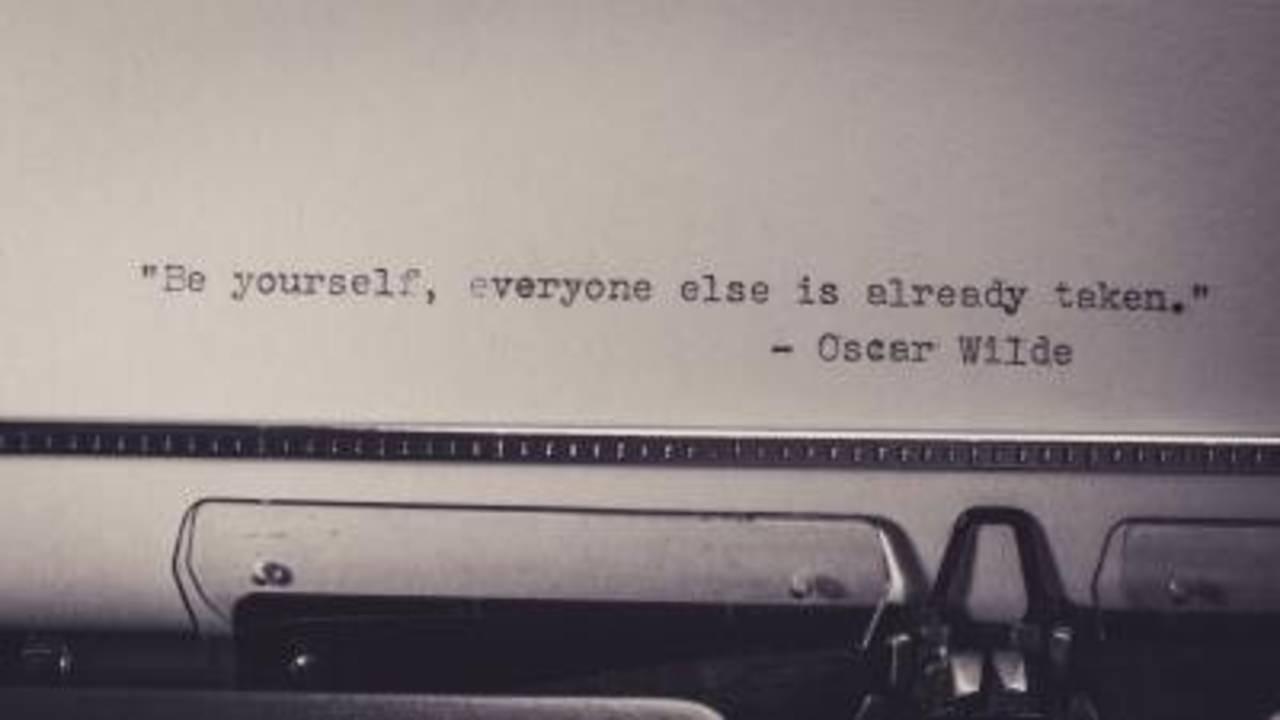Cover Letters: Why Is Something This Simple So Impossible?
Feb 20, 2019
Honestly, I didn’t use to think cover letters warranted paying much attention to but after receiving so many questions and working on a few with coachees, I now see that there is too much info out there and none of it entirely related to environmental industries. Here is an overview of my advice.
Cover letters are basically simple, so for starters let’s keep it that way. They consist of a business letter format with three paragraphs of content:
Start with “Dear hiring managers,” unless there was a person’s name in the submit to information.
Paragraph 1 - Focus on thanking them for the chance to apply and why you applied. If someone referred you, include them, and their title here (the person reading it may not know who they are).
Paragraph 2 - Why should they choose you? If you’re applying to a research position with the Nature Conservancy along with 200 other people, what makes you the best choice. Seriously, would you hire you?
Paragraph 3 - Tell them how much you look forward to helping them accomplish something, whether its the project you’ll be working on or their mission, and how much you look forward to speaking to them in person in the interview.
Most people write way too much. When you write too much you actually have the chance of saying something that will get you knocked out of the interview list rather than trying to convince them by piling on details. Stick to what is important to them. In each sentence, can you identify why that content would be significant to the hiring team? If you find yourself trying to adjust the font or the margins to make it all fit, you’ve written too much. Here are some other dos and don’ts.
Do:
- Use business letter format. If you don’t know what this is, it’s pretty standard and this part you can look up. Don’t be lazy about the address, if it doesn’t say it in the job application it isn’t an invite to skip it. Usually, you can find an address on their website.
- Open by thanking the organization for the opportunity to apply and name the actual position title. Remember, often only HR or a bot is going to read this, you want them to know which position you’re referencing.
- Keep it simple, your resume is the star of the show.
- Be creative, focus on why you are different. There are examples of people who get interviews because of something audacious they said in a cover letter but before you try that know the risk you’re taking and know your audience. Ask yourself, “is this the type of company that will appreciate this style of writing?”
Don’t:
- Copy your resume in paragraph format.
- Ramble, every sentence should have a purpose.
- Overthink it.
- Skip it. If they give you the option and you really want the job you should take the time to write a good cover letter. Many others won’t so this will help you to stand out.
- Focus on your love for the subject of the position. For instance, I see a lot of sentences like this, “I have waited my whole life for the opportunity to work with sea lions. Their future survival is so important for….” Think of how many other people are saying this exact same thing? What if you come in telling them how hard you’ve worked to be the right person for the job and how you’ll help them get the results they want? They already know you love sea lions or you wouldn’t be applying.
At the end of the day cover letters, if they are read at all, are often looked at as a way to compare applicants when they can’t decide between resumes. Cover letters can seem “easier” so you might be tempted to focus your efforts there. Be sure your resume is the star of the show and then augment it, “connect the dots” as Casey Duffy - Career Advisor at SUNY ESF, calls it to point them to items of significance on the resume and why you are without a doubt the best candidate and fit for the position.
You might also like: The Job Search Checklist Download
If you have an environmental career question you'd like to see answered in a future post, feel free to leave a comment or send me an email.
Stay gold!
-Laura


